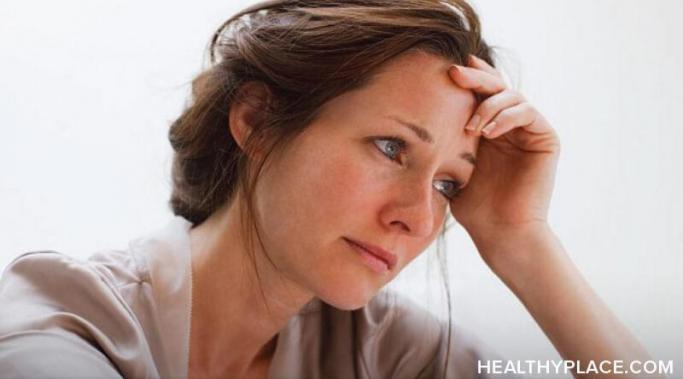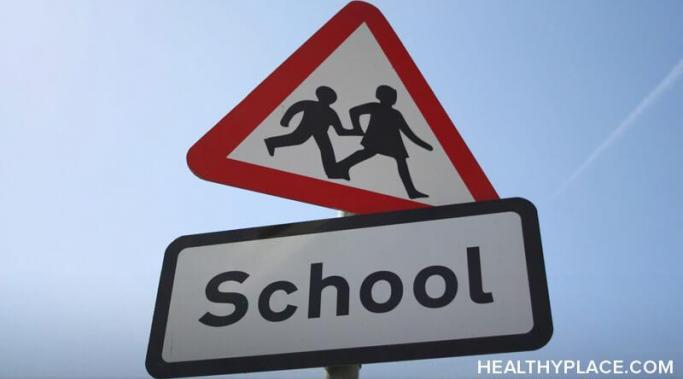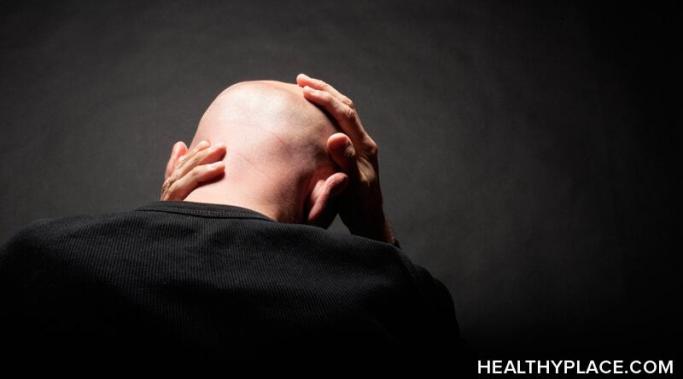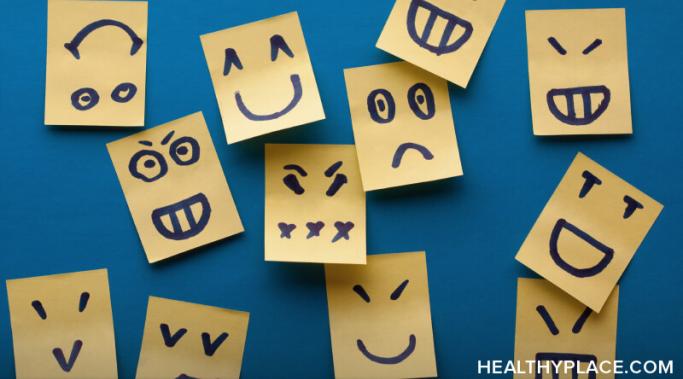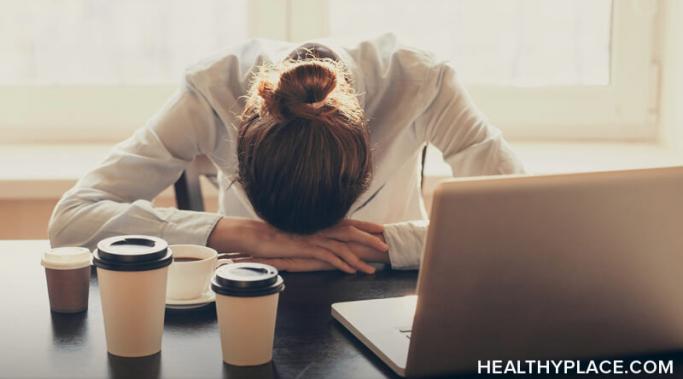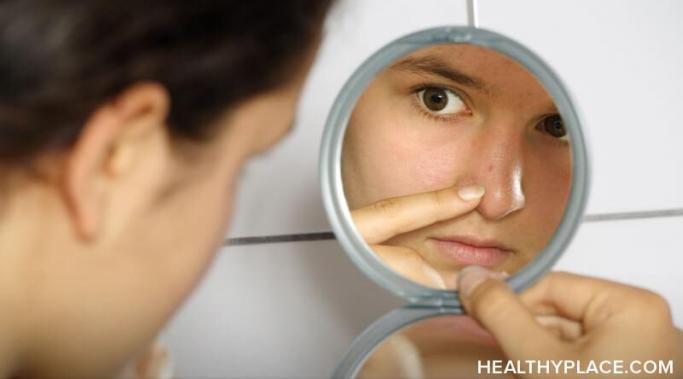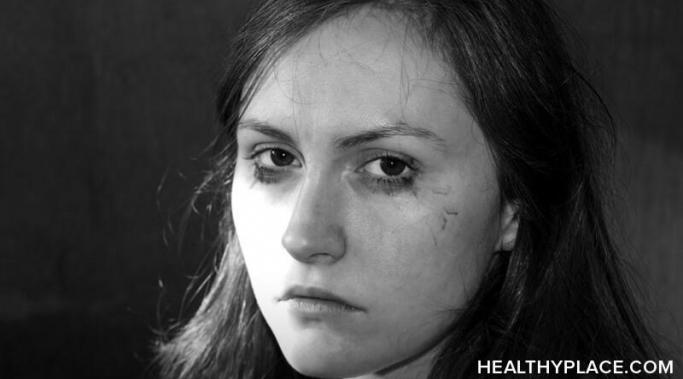The iceberg theory is a frequently cited model of behavior which states that a person's behavior can only be properly understood in the context of the factors that caused it. What a person does is "the tip of the iceberg"-- what we don't see are the emotional, social, cultural, and other factors that lie beneath the surface and cause that behavior.
Causes of Depression
Childhood bullying caused me to have a fairly miserable time at school. I was bookish, physically inept and socially awkward. Add to that the headgear and a built-up shoe, and you had a sight that would make any school bully drool.
Fact: depression is not always clinical. Sometimes, it occurs not due to changes in the brain but because of a difficult life situation. I know this because I have experienced both clinical depression and situational depression over the years. And although their causes are different, they have similar effects, effects that make life harder than usual.
Here's the thing: I had trauma or posttraumatic stress disorder (PTSD) long before the pandemic; it's one of the reasons my depression is chronic. In my opinion, the pandemic has led to PTSD even in people who haven't contracted COVID-19. I say this with confidence because it's the reason my PTSD has become more intense since last year, and as a member of mental health groups, I have seen people exhibiting PTSD symptoms. And yes, one of the symptoms of PTSD is depression.
If 2020 was a terrible year for you and it made your depression worse, please know that you are not alone. Even as a mental health blogger with nearly two decades of lived experience, the past year has been one of the roughest years of my life.
I recently went on a social media break -- no doomscrolling, no aggravating my depression -- and it felt great. Social media is where I get most of my news, and given that the world seems to be falling apart these days, it was a relief to get away from doomscrolling.
Nobody is immune to the pressure to succeed. Whether it comes from family, teachers, bosses, or ourselves, the pressure to "achieve" is something we have all felt. It's not necessarily a bad thing: pressure (or your perception of it) can give you a competitive drive, the impetus to keep going when you feel like giving up, and it can result in great things, both professionally and personally. However, when that pressure to succeed becomes so intense that you lose sight of everything else, it's time to pump the brakes and reevaluate your priorities. Sure, success is great, but not when it comes at the expense of your mental health.
It's been nearly seven months of a dreary, dystopian existence, and this pandemic is worsening my depression. Ever since March 2020, life as we know it has changed forever. Living in this pandemic has been dubbed "the new normal," but there is nothing normal about it.
Overthinking is often held responsible for causing anxiety and vice versa, and it should be. However, I recently realized that overthinking and depression can be problematic too.
Going by my conversations with friends and readers, COVID-19 has given rise to a new kind of depression: quarantine depression. As the term implies, it is a direct result of the quarantine. But like most things in life, there are ways to manage it so that it doesn't consume you. Here are some tried and tested tips that I am using to reduce the intensity of my quarantine depression.
